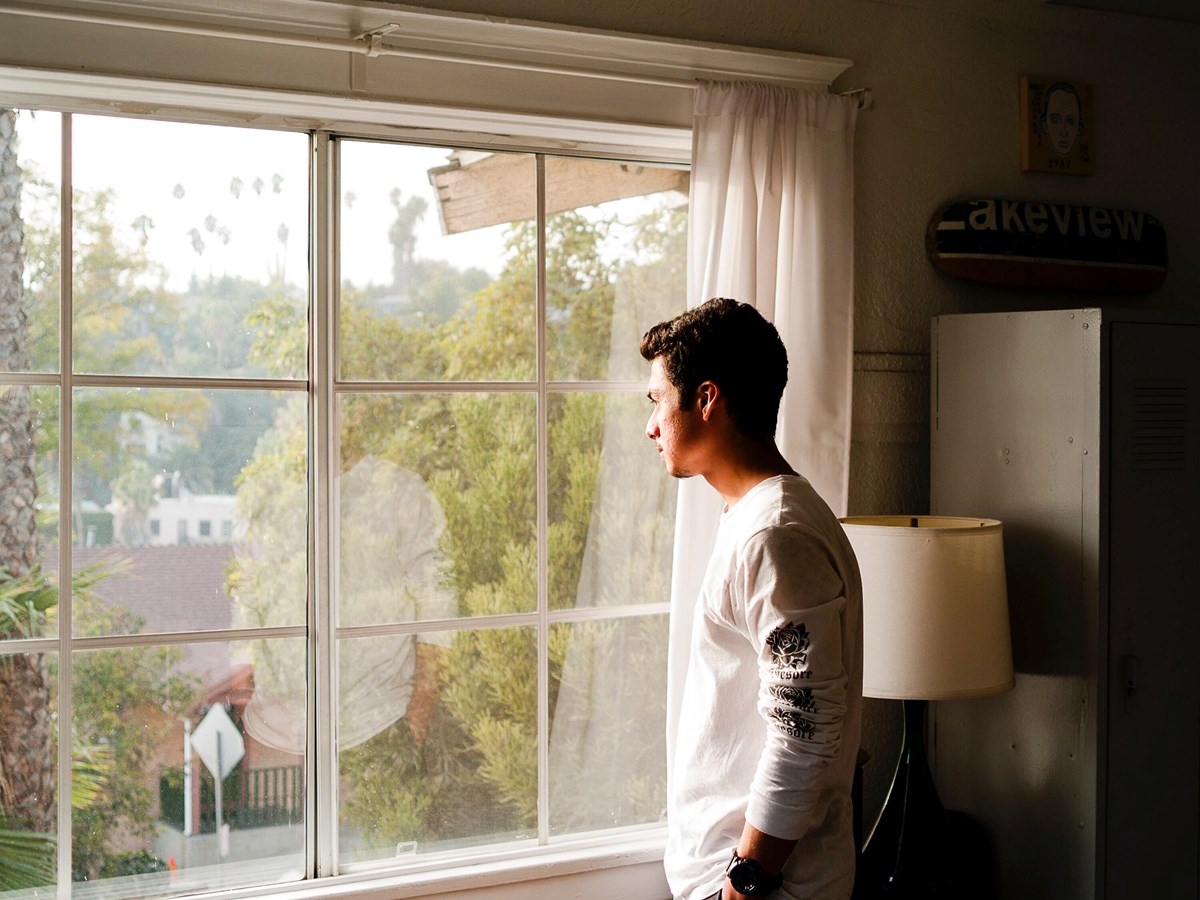No one has been left untouched by the coronavirus pandemic, and indiscriminate, government-imposed lockdowns have exacerbated its effects greatly.
The economy will eventually begin to grow again following this largely self-inflicted wound, but calling it a “recovery” would be missing the lifelong costs that will be borne mostly by individuals and communities with the least economic and social capital.
Economic costs (such as lost wages) are somewhat easy to explain, but very few are discussing the sometimes invisible social costs that come from not fully participating in the world for such a long stretch of time. By restricting how individuals are able to engage with their communities (and human society as a whole through trade), government policies have, at least, delayed the establishment of valuable connections that people would have made, and, at most, prevented them all together.
These interpersonal connections take many forms and it is impossible for outsiders to judge their relative value. Students are not having chance discussions with teachers or professors on the quad, or with fellow students in the coffee shop or library. Single people are missing the chance to meet others at bars and clubs or just while walking their dogs. Businesspeople are not meeting on the golf course to possibly find just the partners they were looking for. Scientists are missing the conversation outside of the important presentation that could be the key to their most challenging problem. You get the idea.
When every social interaction is planned by Zoom, there is little room for surprises that can influence the entire course of one’s life.
Because of indiscriminate lockdowns, we are all not only poorer materially, but also we are missing the vital creation of social capital, which is the value of each of the relationships we have and maintain. We build social capital through sharing with others our experiences, values, and company. It is through social capital that we are able to trade favors, get references, and generally enjoy life with other people.
Although every person is missing new connections these days, members of younger generations may be most severely affected because they are still early into their process of building the social capital to last them a lifetime. The past three months of lockdowns have amounted to a lost season for those just beginning their careers in school and work—a lost season of missed opportunities and connections that would have made their lives and society as a whole richer.
The noted economic historian Frédéric Bastiat wrote about this sort of invisible cost in his acclaimed essay "That Which is Seen and What Is Not Seen":
In the economic sphere an act, a habit, an institution, a law produces not only one effect, but a series of effects. Of these effects, the first alone is immediate; it appears simultaneously with its cause; it is seen. The other effects emerge only subsequently; they are not seen; we are fortunate if we foresee them.
There is only one difference between a bad economist and a good one: the bad economist confines himself to the visible effect; the good economist takes into account both the effect that can be seen and those effects that must be foreseen.
Yet this difference is tremendous; for it almost always happens that when the immediate consequence is favorable, the later consequences are disastrous, and vice versa. Whence it follows that the bad economist pursues a small present good that will be followed by a great evil to come, while the good economist pursues a great good to come, at the risk of a small present evil.
It is up to each of us to judge the ultimate value of lockdown policies and to choose how we will return individually to the world following this pandemic. A great many people will experience fallout from the lockdowns for years and decades to come as unemployment and loss of productivity lead to poverty beyond levels we’ve seen in decades. Unlike the costs of “what could have been,” we will see these harsh consequences clearly, but it will be important for us to recognize the causes of both the “seen and unseen” properly so that we can make wiser decisions in the future.

